During the week of a United Nations Climate Change conference, more than 250 coordinated protests across the globe demanded climate justice. An Indigenous-led rally at the site of the conference in Glasgow, Scotland, on November 6, 2021, drew more than 100,000 protesters to demand reparations for Indigenous communities and the Global South, investments in renewable energy instead of fossil fuels, and worker-led transitions to systems that would reduce poverty and injustice.
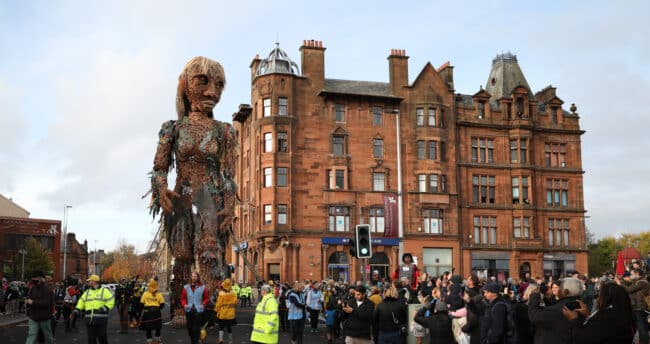
A giant puppet of a sea goddess made entirely of recycled materials walked through Glasgow during the COP26 climate change summit. Source: Public domain
In the article Tired of COP26 Promises, Glasgow Protesters Push Climate Justice from ‘the Outside’, Reuters reporter Megan Rowling wrote:
Vulnerable people in countries that have contributed least to climate change bear the brunt of extreme weather and rising seas on a warming planet, speakers said.
Throngs of protesters, including Swedish teen activist Greta Thunberg, then wound their way through the city centre to a second rally at Glasgow Green, where indigenous community members called for rainforest protection and food producers urged ecologically friendly forms of farming.
Asad Rehman, co-director of the COP26 Coalition, which brings together British groups campaigning on climate change, said the Glasgow march was just one of more than 300 climate demonstrations around the world Saturday as the U.N. climate talks hit their midpoint.
The coalition estimated about 120,000 people took to the streets of Glasgow, amid rain that at times blew in sideways. Read more.
Nina Lakhani for The Guardian, in ‘A Death Sentence’: Indigenous Climate Activists Denounce Cop26 Deal, explained:
[I]ndigenous communities fear what’s coming next as the scope and scale of the new global carbon market — introduced in article 6 of the Paris accords — is much wider. Far more countries and industries, including the US, Saudi Arabia and civil aviation, will participate.
“Cop26 leaders signed an agreement that will entrench sacrificing Indigenous people . . . [but] failed to include real solutions to meet the climate chaos that many of our frontline Indigenous communities are facing,” said Thomas Joseph from the Hoopa tribe, located in California. “The leaders pushing for market-based solutions and the commodification of our Mother Earth are signing a death sentence.”
Another nature-based solution popular with polluters is the creation of carbon sinks through massive reforestation and afforestation programs.
While not part of the official Cop26 deal, according to some calculations countries collectively pledged to plant enough trees to cover a landmass the size of Australia. However, that threatens livelihoods, food security and sacred traditions of indigenous communities and small-scale farmers who use much of the land being earmarked for tree planting.
“Nature-based solutions sound nice, but they won’t solve the climate crisis even if you’re willing to sacrifice indigenous people and local communities,” said Sophie Grig from Survival International. “Net zero is disingenuous and a diversion from doing what needs to be done now: stop burning fossil fuels and protect indigenous land rights.” Read more.
Watch the video COP26: Calls for Indigenous Collaboration at Climate Summit below.
This event is included on the Zinn Education Project’s Climate Crisis Timeline.

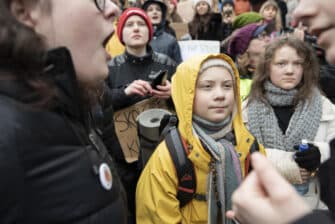
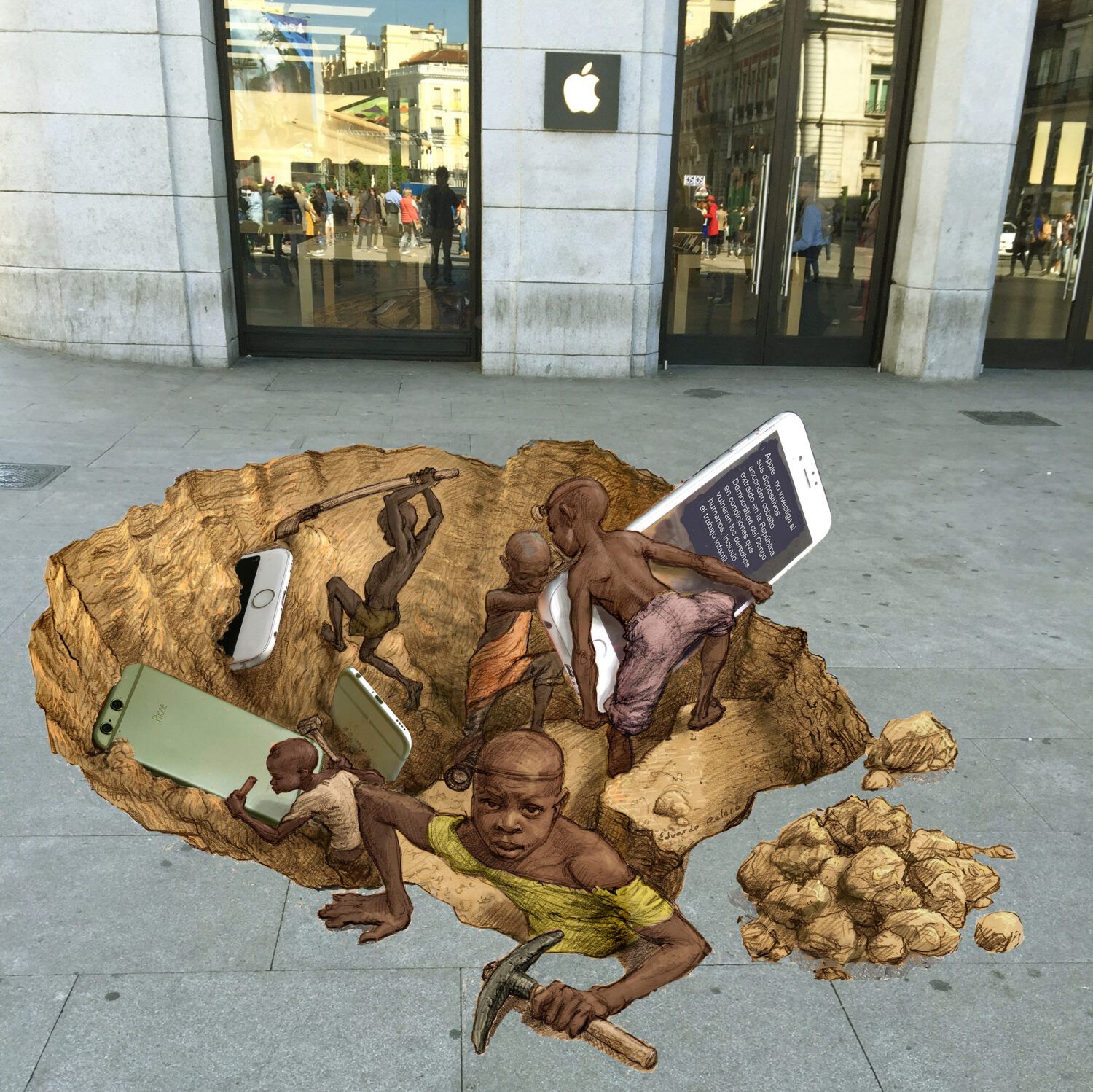
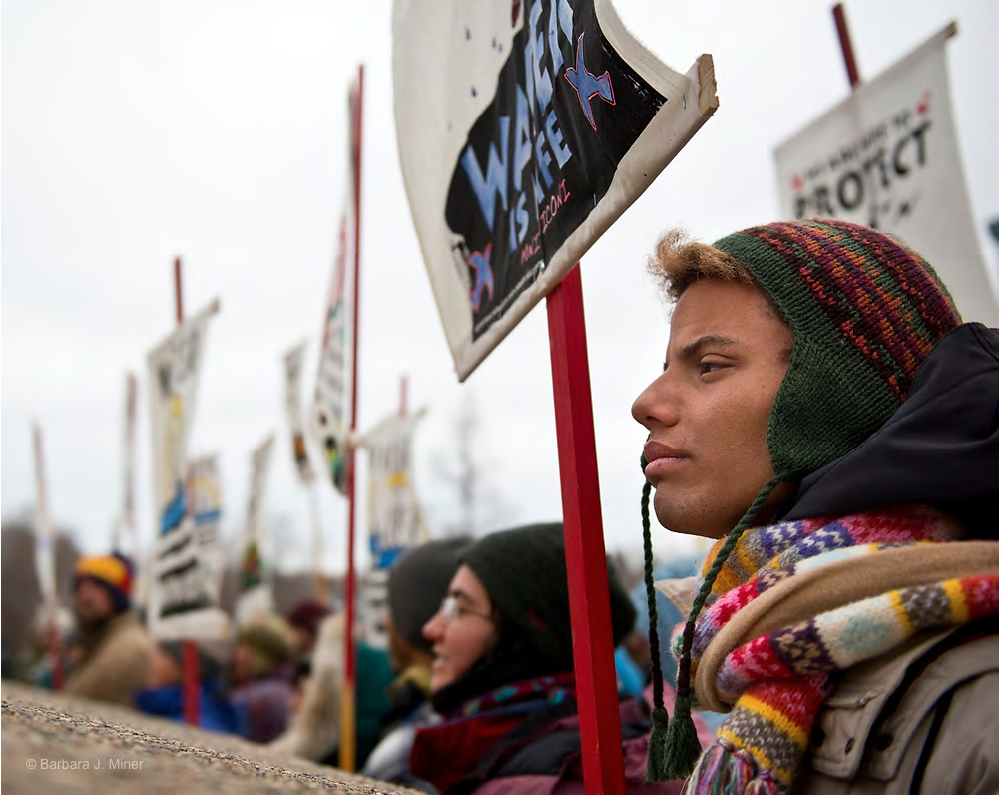
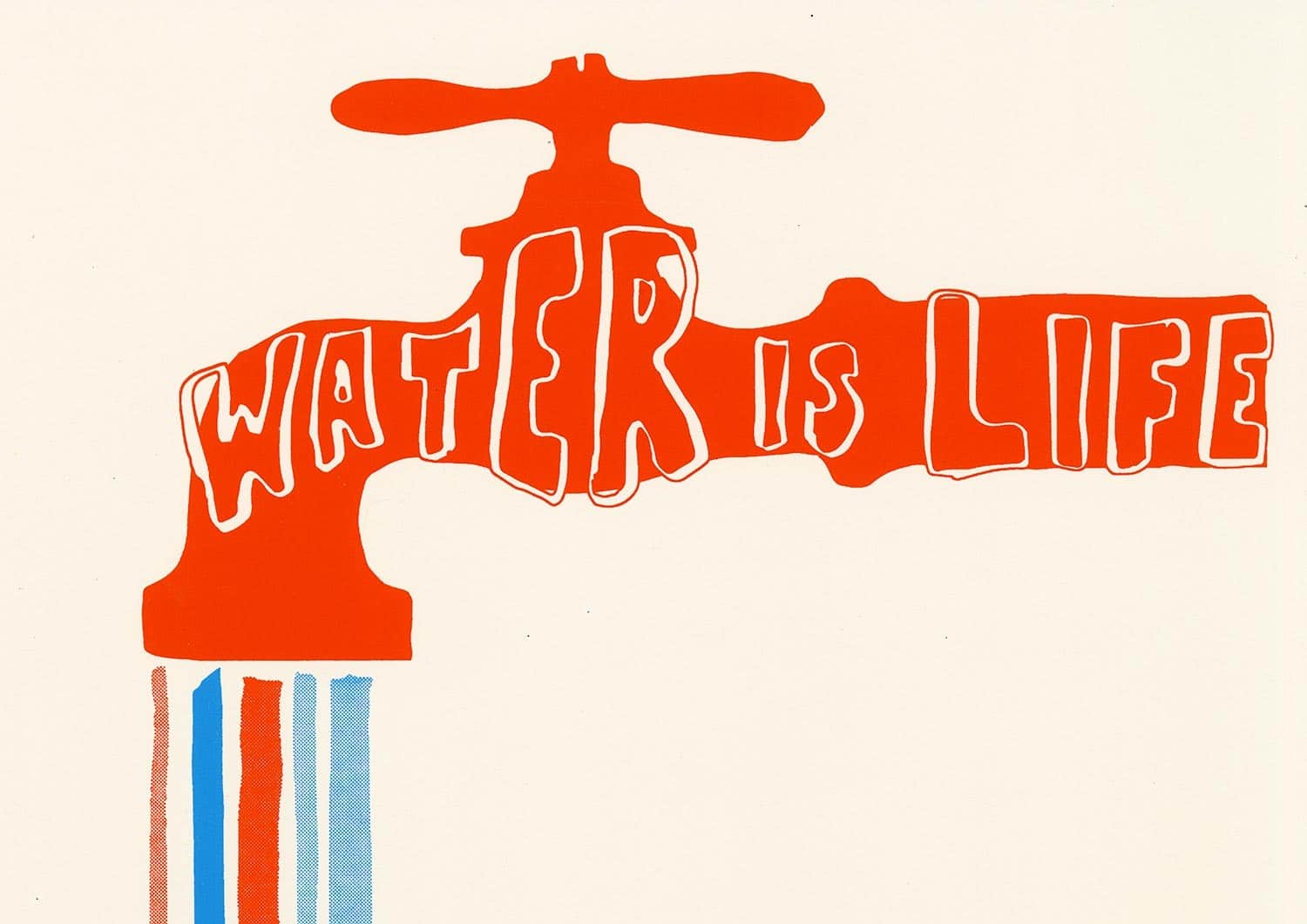
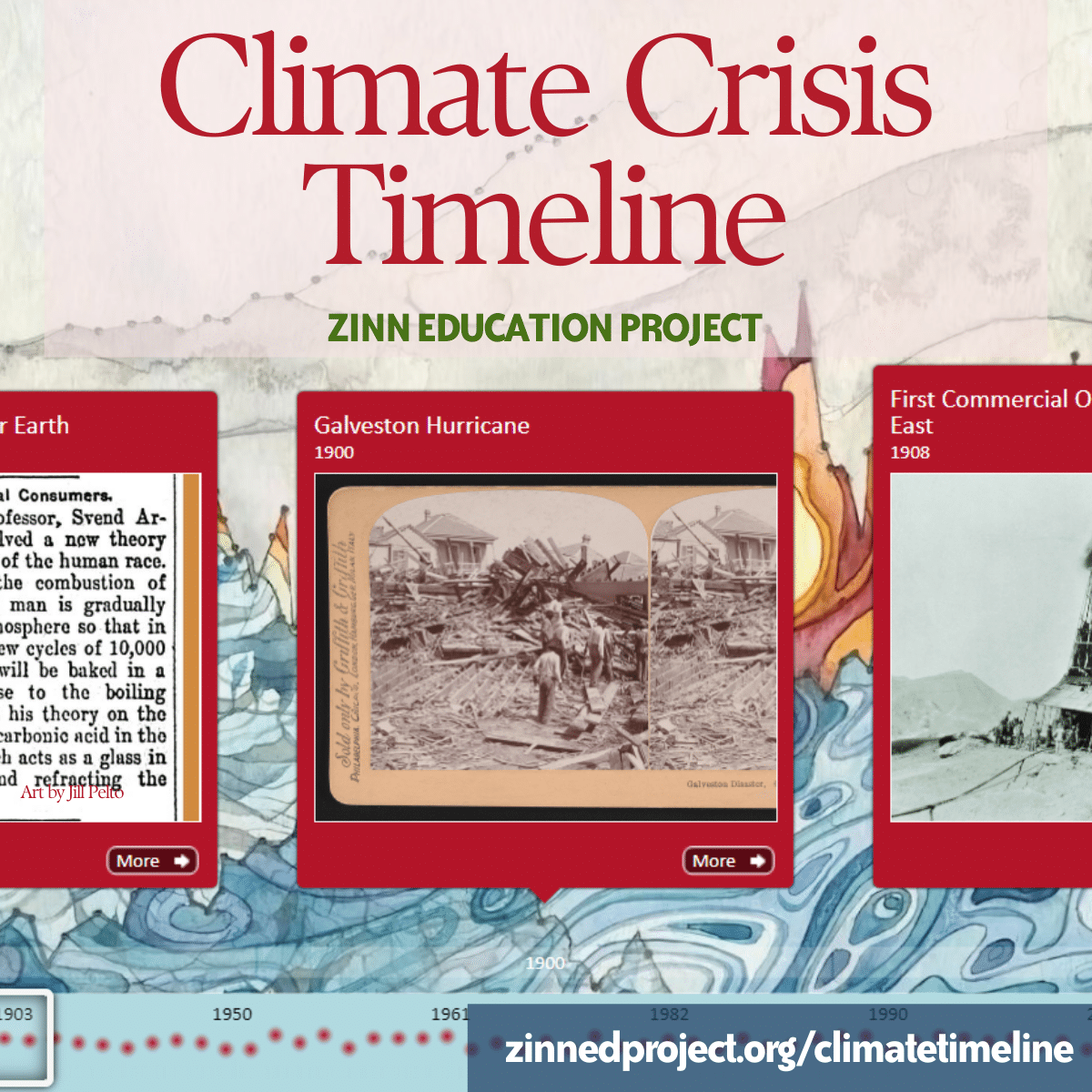
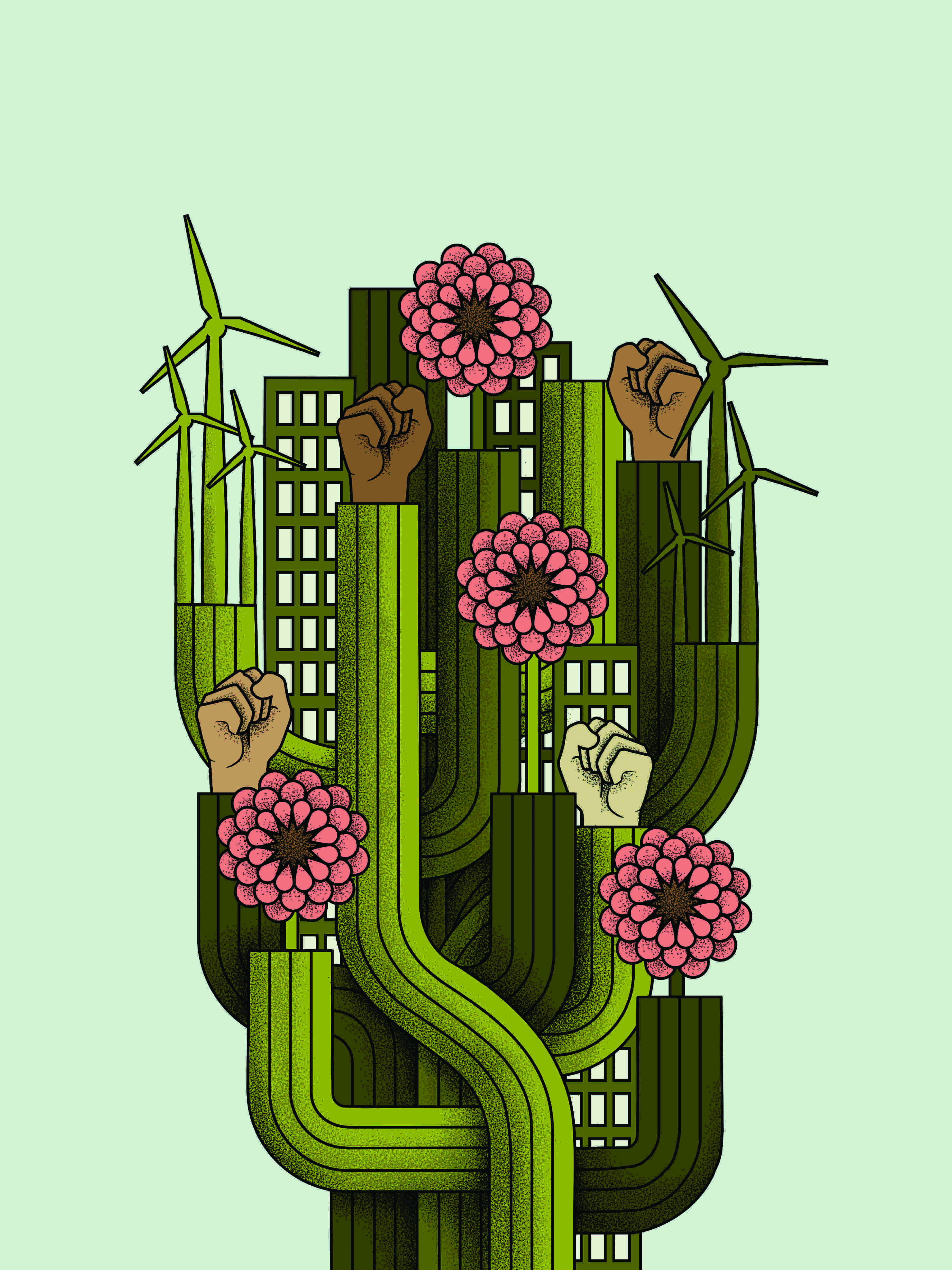
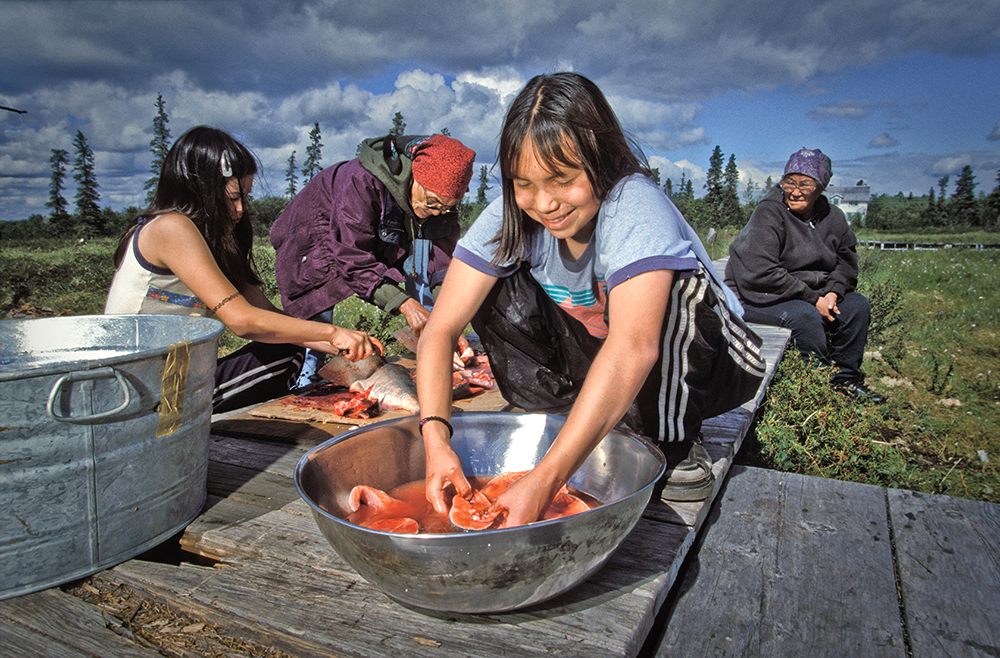
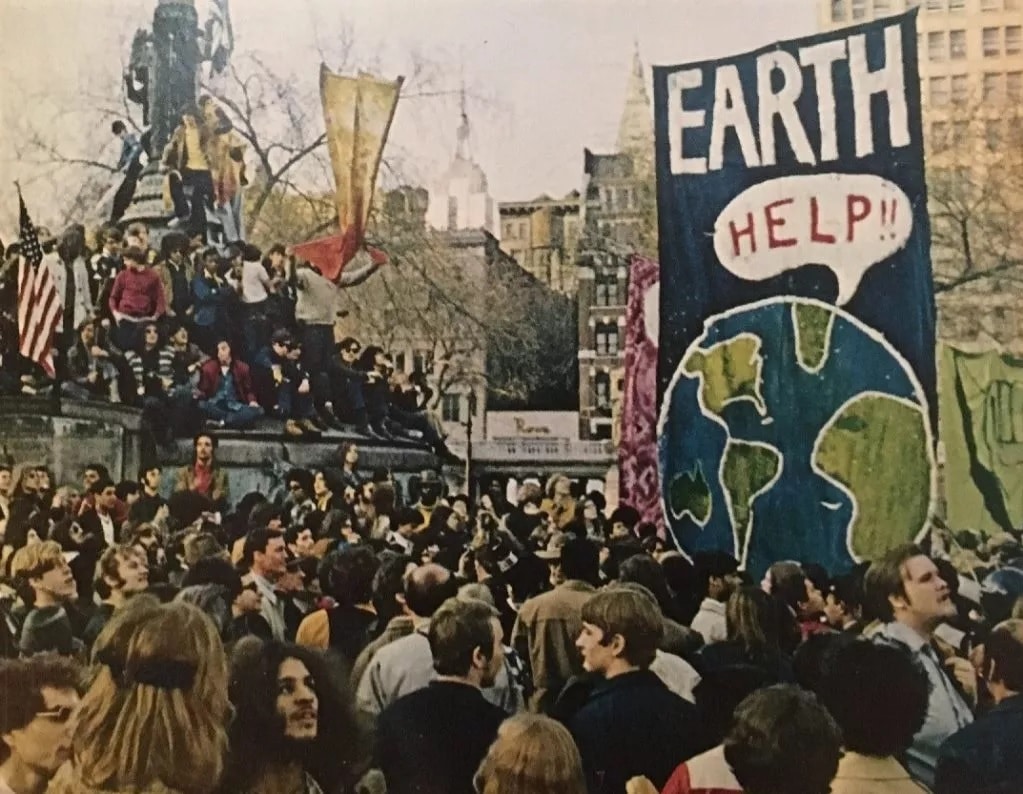
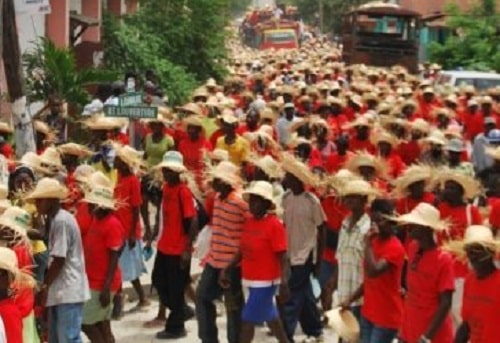
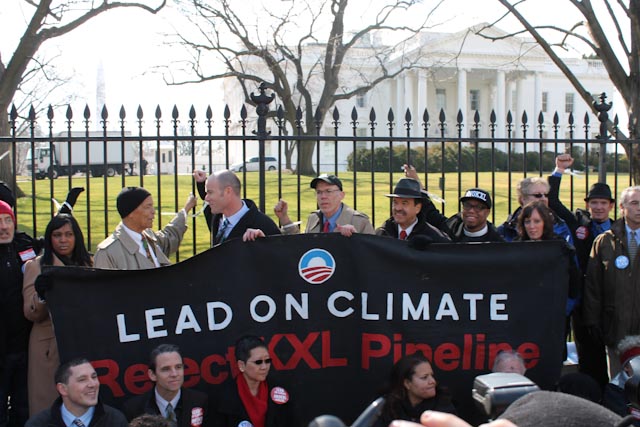





Twitter
Google plus
LinkedIn